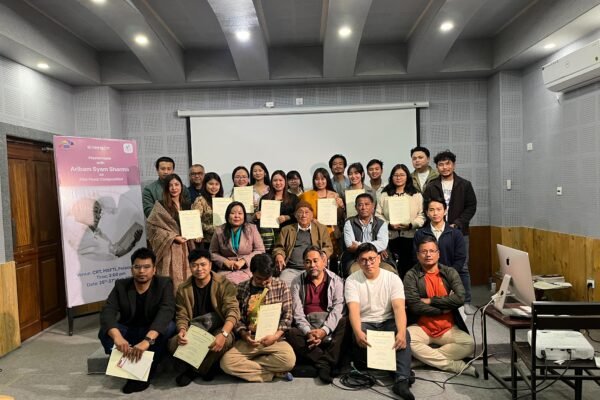- NET Web Desk
The World Health Organization (WHO) on Wednesday has granted emergency use listing (EUL) approval to India’s first indigenous COVID-19 vaccine, Covaxin.
Approved by the Technical Advisory Group (TAG) of WHO, the clearance marks a significant feat for medical fraternities and the nation-wide mass vaccination drive.
🆕 WHO has granted emergency use listing (EUL) to #COVAXIN® (developed by Bharat Biotech), adding to a growing portfolio of vaccines validated by WHO for the prevention of #COVID19. pic.twitter.com/dp2A1knGtT
— World Health Organization (WHO) (@WHO) November 3, 2021
The decision undertaken will further remove all uncertainties around overseas travel for Indians inoculated with this vaccine.
According to WHO, Covaxin vaccine was also reviewed by WHO’s Strategic Advisory Group of Experts on Immunization (SAGE).
The recommended use of this vaccine is given in two doses, with a dose interval of four weeks, in all age groups 18 and above.
“#Covaxin was found to have 78% efficacy against #COVID19 of any severity, 14 or more days after the second dose, and is extremely suitable for low- and middle-income countries due to easy storage requirements.” – tweeted by the World Health Organization.
#Covaxin was found to have 78% efficacy against #COVID19 of any severity, 14 or more days after the second dose, and is extremely suitable for low- and middle-income countries due to easy storage requirements.
— World Health Organization (WHO) (@WHO) November 3, 2021
The Technical Advisory Group for Emergency Use Listing is an independent advisory group that provides a recommendation to WHO whether an unlicensed vaccine can be recommended for emergency use under the EUL procedure, and if so, under what conditions.
India‘s indigenous COVID-19 vaccine, Covaxin is developed by Bharat Biotech in collaboration with the Indian Council of Medical Research (ICMR) – National Institute of Virology (NIV).
Developed using Whole-Virion Inactivated Vero Cell derived platform technology, Covaxin is a 2-dose vaccination regimen given 28 days apart.









